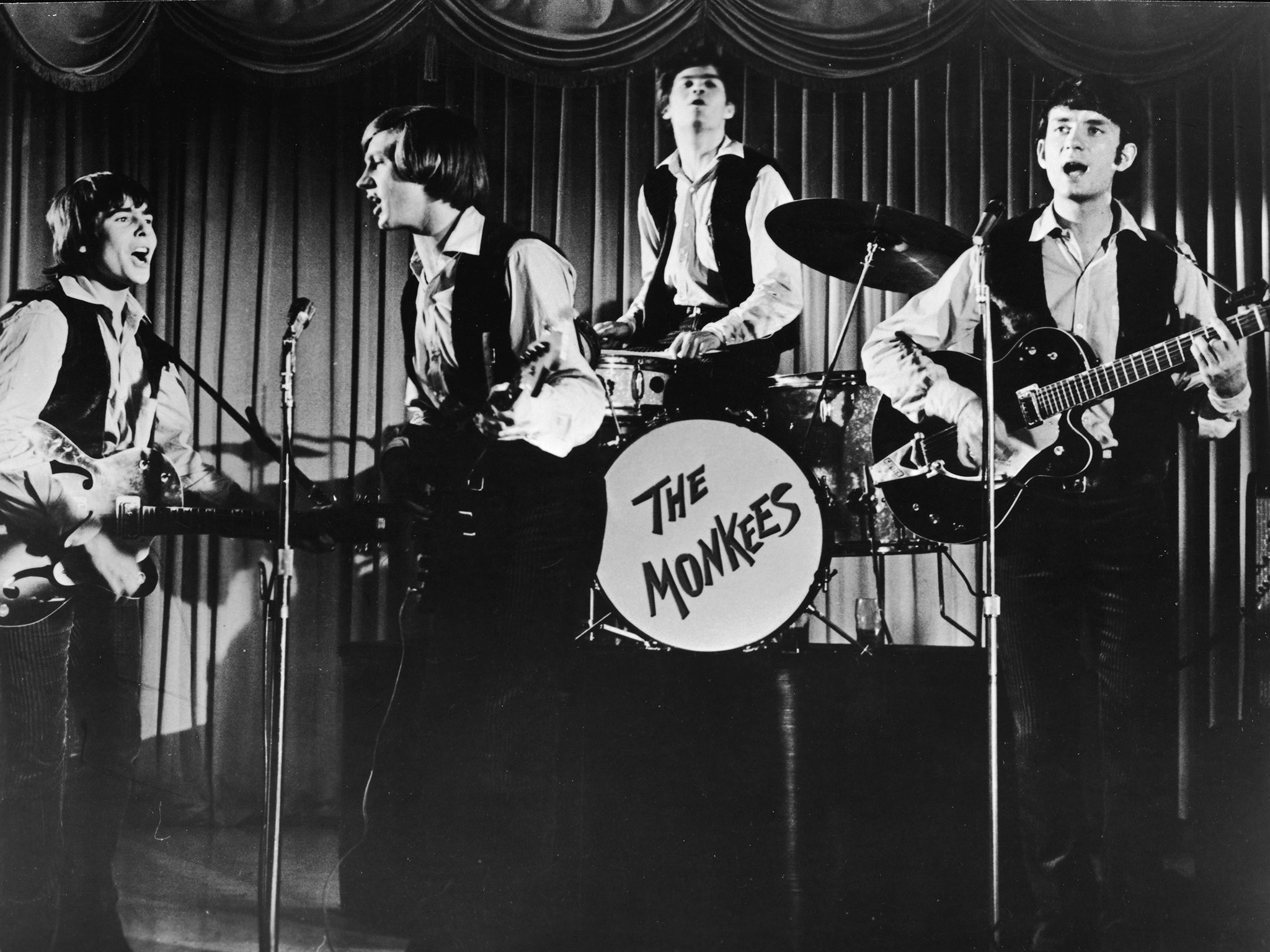Micky Dolenz files lawsuit to obtain FBI records relating to The Monkees
Dolenz is the lone survivor of the 1960s band
Micky Dolenz has filed a Freedom of Information Act lawsuit to obtain FBI records related to The Monkees.
The 77-year-old singer and guitarist is the lone survivor of the four-piece 1960s band, which also comprised of the late Peter Tork, Davy Jones, and Michael Nesmith, who passed away at the start of 2022.
When The Monkees kicked off their debut tour in 1967, at least one FBI informant was present.
“During the concert, subliminal messages were depicted on the screen which, in the opinion of [informant’s name redacted], constituted ‘left wing intervention of a political nature,’” reads a document in the band’s file.
“These messages and pictures were flashed of riots, in Berkley, anti-US messages on the war in Vietnam, racial riots in Selma, Alabama, and similar messages which had unfavourable response[s] from the audience.”
While this snippet from the FBI’s file on the band was publicly released over a decade ago, Dolenz’s lawyer, Mark S Zaid, has now filed a suit on the musician’s behalf, in an attempt to release all of the records relating to the band.
Zaid, who was a childhood fan of the band, recently met Dolenz through a mutual friend. It was then that Zaid suggested it might be interesting to see if the FBI had a file on Dolenz or his band. At the time, Zaid wasn’t aware that a portion of the seven-page FBI report was made public in 2011.

“That just kind of reinforced for me that there was actually something here,” he told Rolling Stone. “It’s not just a fishing expedition. I mean, we’re still fishing, but we know there’s fish in the water.”
As the band rose to fame in the US between 1966 and 1967 amidst the Vietnam War, they scattered select anti-war sentiment throughout some of their songs, including in “Ditty Diego-War Chant” and “Last Train to Clarksville”.
“The Monkees reflected, especially in their later years with projects like [their 1968 art house movie] Head, a counterculture from what institutional authority was at the time,” Zaid said. “And [J Edgar] Hoover’s FBI, in the Sixties in particular, was infamous for monitoring the counterculture, whether they committed unlawful actions or not.”
Enjoy unlimited access to 100 million ad-free songs and podcasts with Amazon Music
Sign up now for a 30-day free trial. Terms apply.
ADVERTISEMENT. If you sign up to this service we will earn commission. This revenue helps to fund journalism across The Independent.
Enjoy unlimited access to 100 million ad-free songs and podcasts with Amazon Music
Sign up now for a 30-day free trial. Terms apply.
ADVERTISEMENT. If you sign up to this service we will earn commission. This revenue helps to fund journalism across The Independent.
While Zaid originally submitted a standard FOIA request in June, the organisation has exceeded its legal requirement to comply within 20 working days.
“This means that we’re headed into court,” Zaid has now said. “I tell all my clients, ‘If you are serious about getting your documents, then we need to litigate it.’ What happens from here is that we’ll be assigned a judge within a matter of a couple of days. After that, the process will start.”
Both Zaid and Dolenz aren’t sure what they will find within the complete report.
“The redacted information may be peripheral to them,” Zaid explained. “Some of them likely reflect an informant’s identity, which was probably the person attending the concerts.”
“Theoretically, anything could be in those files though,” he added. “We have no idea what records even exist. It could be almost nothing. But we’ll see soon enough.
Join our commenting forum
Join thought-provoking conversations, follow other Independent readers and see their replies
Comments


Bookmark popover
Removed from bookmarks